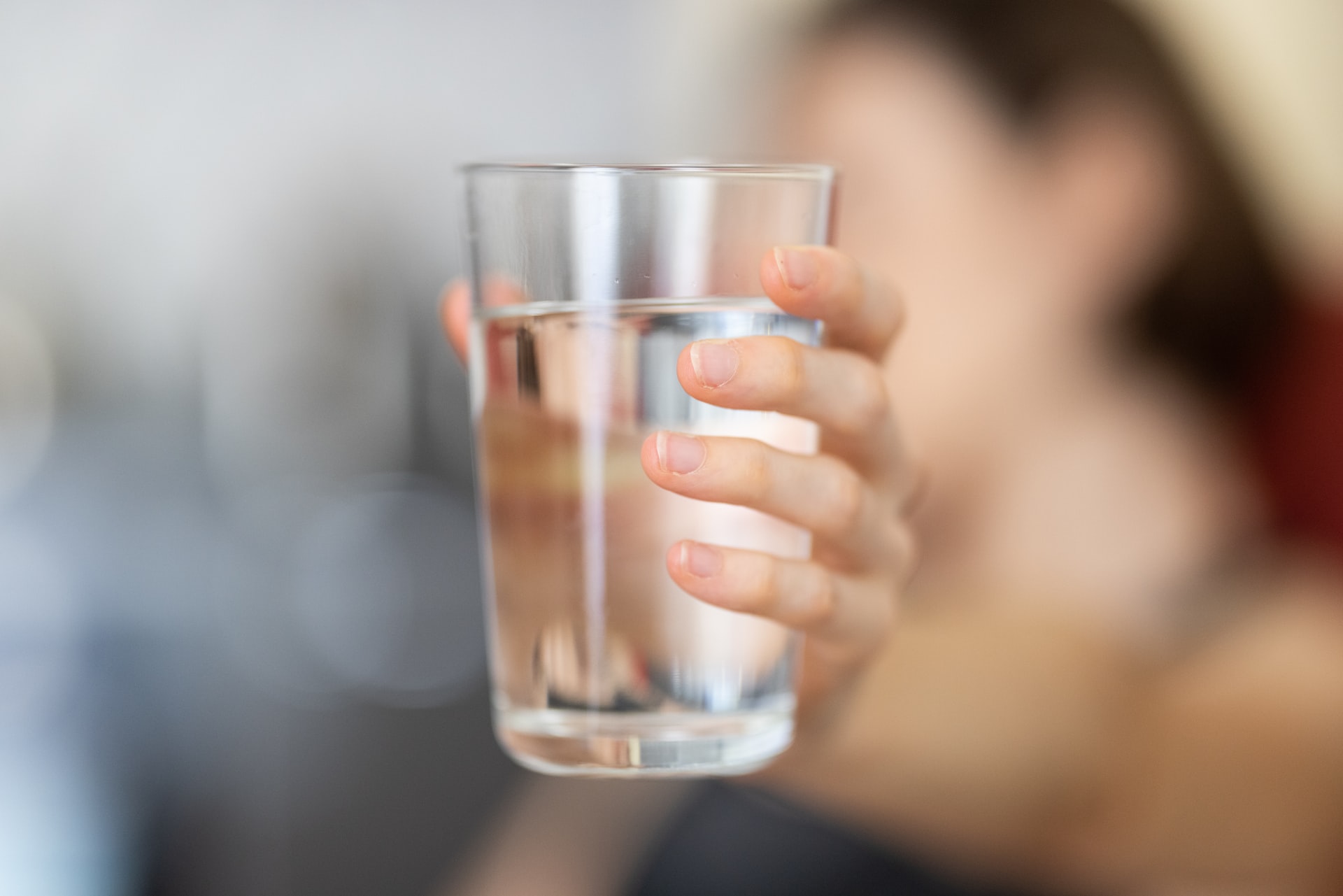How Much Water You’re Actually Supposed To Drink Each Day – And Why 8 Cups Isn’t Right For Everyone


Water is one of the most essential and indispensable compounds on earth, with every living organism needing it to survive. Humans can go without food for a few weeks, but only a few days without water. It is, therefore, nearly as crucial as the air we breathe, and for our optimal health and wellness, we must pay close attention to how much of it we drink.
We Know What Water Is, But What Is Water?
Water is a liquid substance composed of hydrogen and oxygen (h20) and is colorless, free from odor, and has no taste. In its purest form, water has a Ph level of 7, the exact center of the Ph scale when measuring acidity and alkalinity.
According to science, the human body is almost 60% water, with the brain and heart comprised of nearly 73%, the lungs 83%, muscles and kidneys close to 79%, and our bones 31%. For these vital components of the body to function correctly, we must remain hydrated and replenish our water content regularly. (1)
So how much water should we drink, and how often do we have to consume it for our bodies to remain healthy?
Water Is Essential For Good Health – How Much Should We Drink Each Day?
Water is essential for a healthy mind and body and carries out several functions that promote wellbeing. Some of these health benefits include: (2)
- Boosts brain function and performance
- Strengthens the immune system
- Supports cellular health
- Helps the digestive process
- Maintains blood pressure
- Improves kidney efficiency
- Regulates body temperature
- Rids the body of toxins
- Lubricates joints
- Supports skin health
- Prevents dehydration
According to The U.S. National Academies of Sciences, Engineering, and Medicine, a sufficient daily fluid intake is approximately 15.5 cups (3.7 liters) of fluids for men and 11.5 cups (2.7 liters) for women. This amount comes not just from water but other beverages and food intake.
However, how much we consume depends on several factors, and the standard 8 glasses may not be the correct amount for everyone.
- Exercise: Replacing fluid loss due to working out will require you to drink more.
- Weather conditions: If you live in a hot, humid, or tropical climate, staying hydrated requires extra fluids due to sweat loss.
- Sickness: You may need to drink more water during or after bouts of fever, vomiting, or diarrhea. Other conditions that may require extra fluid intake include bladder infections or gallstones.
- Pregnancy or breastfeeding.
A general rule of thumb, while there are no actual scientific rules on how much we should drink: If you rarely feel thirsty, you are most likely drinking enough water. Similarly, If your urine is colorless or light yellow, your fluid intake is probably adequate, while a dark yellow color usually indicates dehydration.
Are You Drinking Water To Lose Weight?
Many people drink extra water to help with weight loss. While drinking water can help suppress your appetite, many people on a dietary regime will put weight back on at some point, and a small percentage may even gain weight. Strict diets, extreme exercise, and denying yourself your favorite foods are also largely unsuccessful. For women over 40, hormones can play a disruptive role in weight management as the body holds onto more fat. Now, a revolutionary program with a difference can help release feel-good chemicals within the body, helping to reduce weight. The Happiness Hormone Method unlocks the four hormones that can burn fat and make you feel younger, fitter, healthier and happier. For more information, click here to regain your confidence.
Sources
- https://www.usgs.gov/special-topics/water-science-school/science/water-you-water-and-human-body
- https://www.healthline.com/health/food-nutrition/why-is-water-important#body-temperature
- https://www.nationalacademies.org/news/2004/02/report-sets-dietary-intake-levels-for-water-salt-and-potassium-to-maintain-health-and-reduce-chronic-disease-risk









